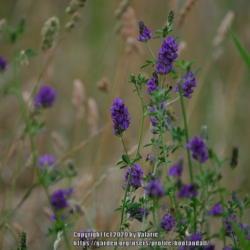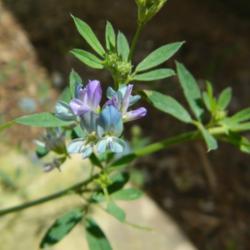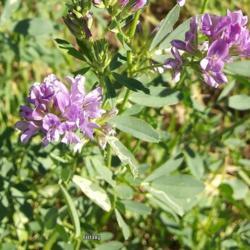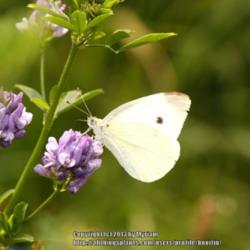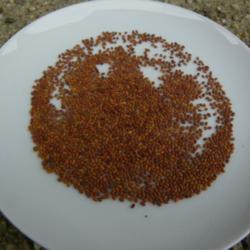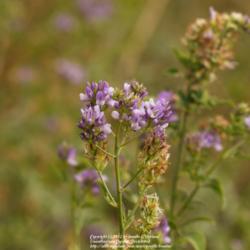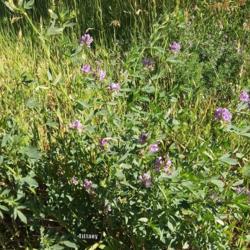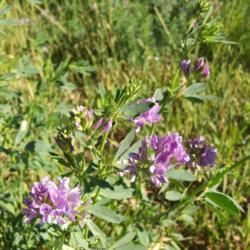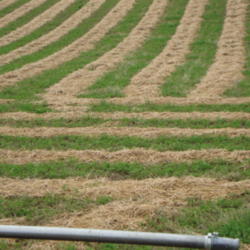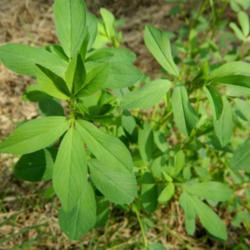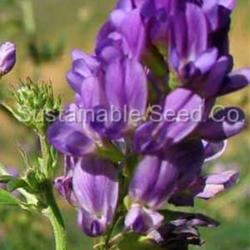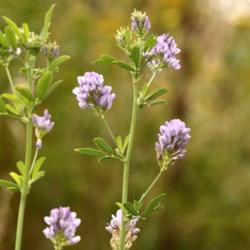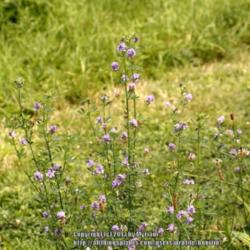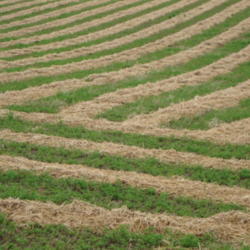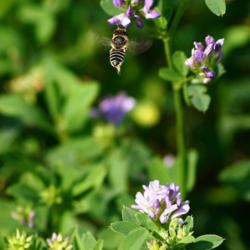| Plant Habit: | Herb/Forb |
| Life cycle: | Perennial |
| Water Preferences: | Mesic Dry Mesic Dry |
| Minimum cold hardiness: | Zone 3 -40 °C (-40 °F) to -37.2 °C (-35) |
| Maximum recommended zone: | Zone 11 |
| Flowers: | Showy |
| Flower Color: | Purple |
| Uses: | Suitable for forage |
| Dynamic Accumulator: | Nitrogen fixer Fe (Iron) |
| Wildlife Attractant: | Bees |
| Resistances: | Drought tolerant |
| Propagation: Seeds: | Self fertile |
| Pollinators: | Self Moths and Butterflies Bees |
| Miscellaneous: | Tolerates poor soil |
